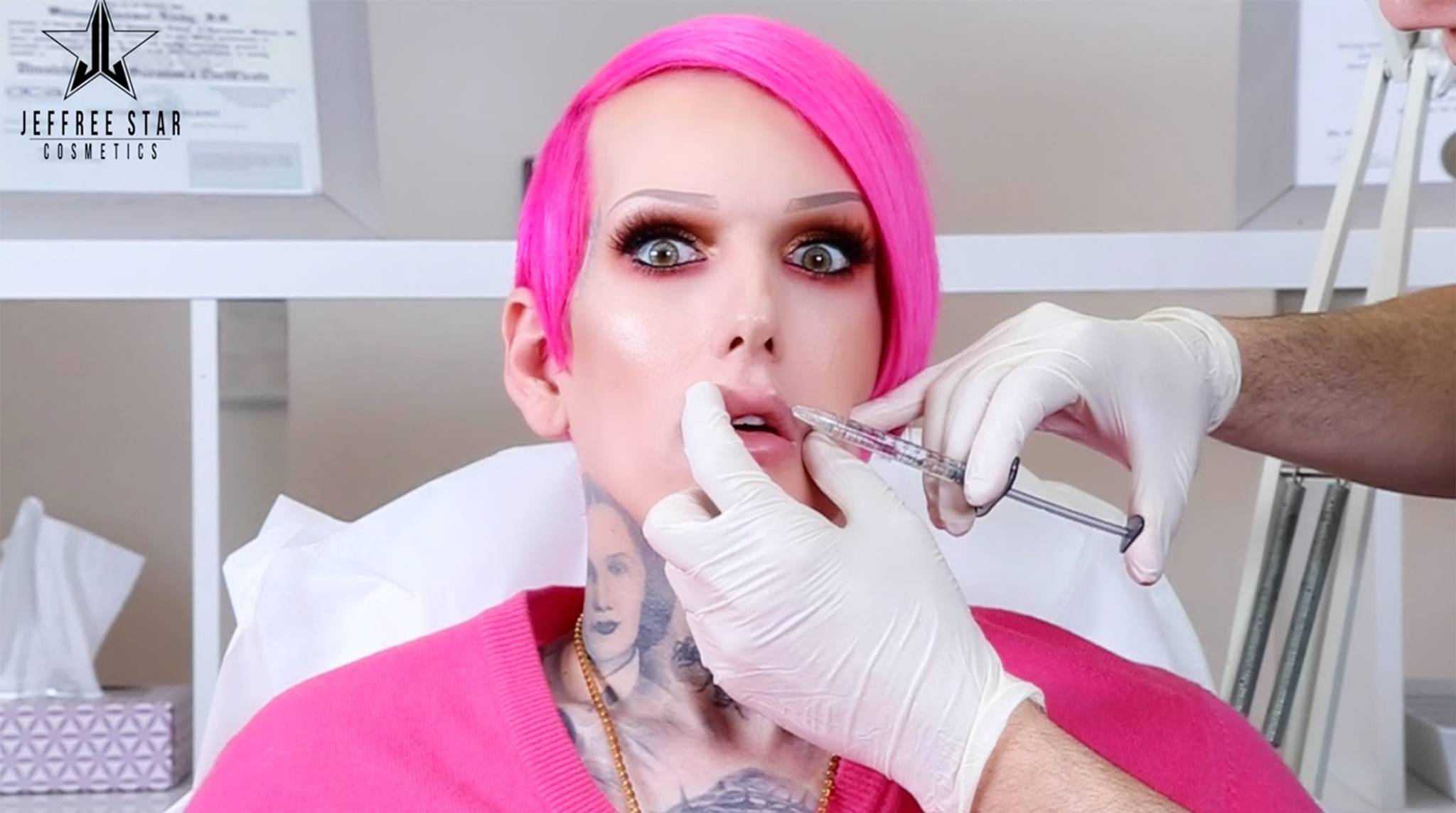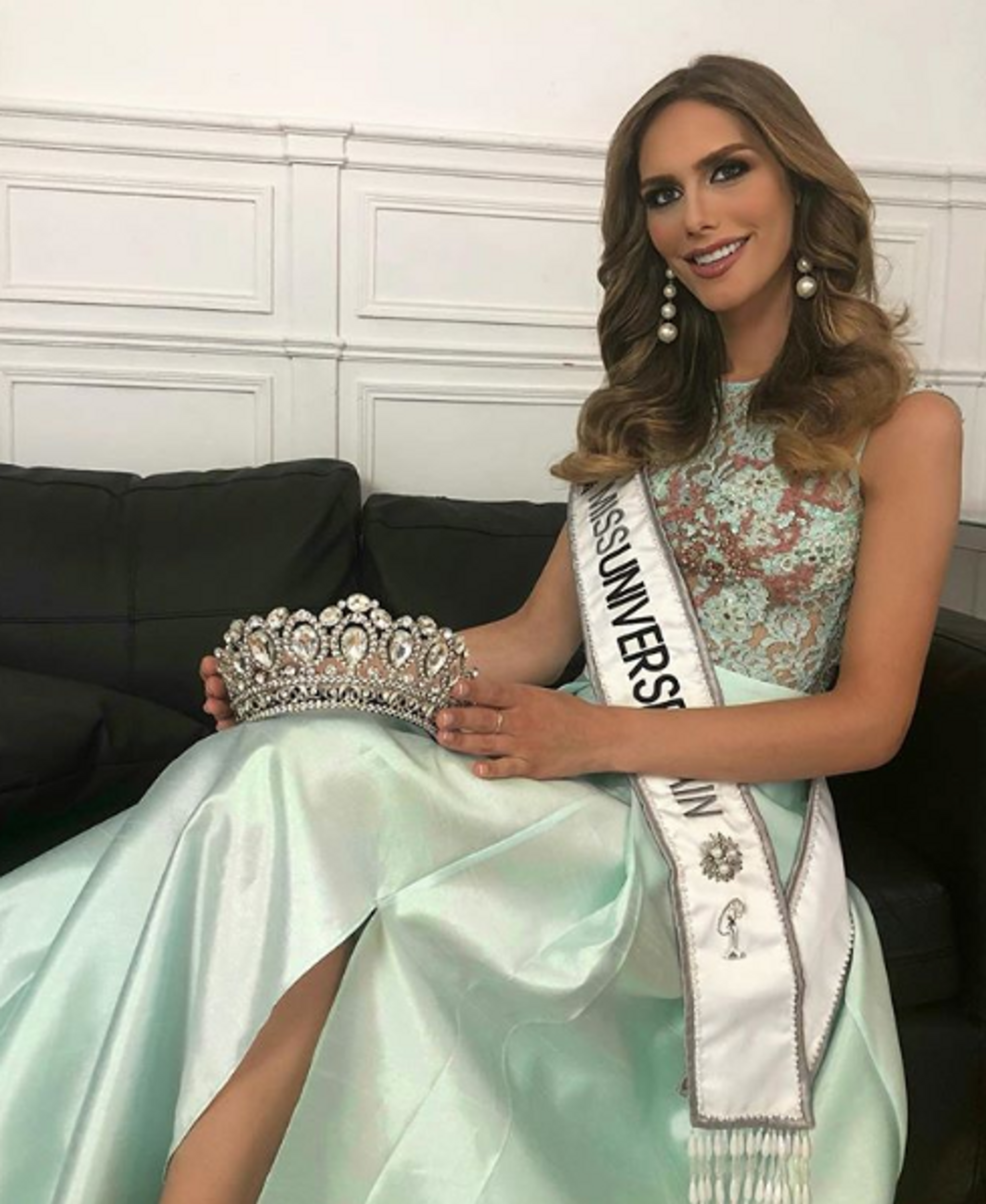
Spanish organisers of the 2018 Miss Universe competition have faced criticism from Latin American candidates for fielding the transgender candidate, Angela Ponce. But in the face of such transphobia, Ponce is using the competition to appeal to more progressive LATAM sensibilities. We explore the insights behind how the Spanish pageant queen is using the Miss Universe competition as a global stage to tackle gender prejudices.
Organisers of the Miss Universe pageant have been criticised for allowing Spain to put forward a transgender model, Angela Ponce, as their candidate for the competition. Despite the rules being changed in 2012 to include transgender models, criticism of Spain's decision has predominantly come from South American countries. Miss Colombia says the "pageant is for women who are born women", while Miss Venezuela says "they may call me old fashioned but I think there should be a competition, which already exists, for transgender people and another for girls." In Latin America, where Miss Universe still has a big appeal, the Spanish beauty queen has been trending on social media, while the airwaves have been dominated by debate surrounding her inclusion.
Unfortunately for Ponce, such prejudice is ingrained in most cultures globally, with most territories in Latin America refusing to grant gender recognition to trans people. But progress is being made, with an advisory ruling by the Inter-American Court of Human Rights requiring countries in the Americas to grant same-sex couples access to civil partnerships, while 82% of people from the Americas believe LGBTQ people should be entitled to the same rights as non-LGBTQ people – a figure higher than in Europe, Asia, the Middle East and Africa.
Ponce is acutely aware of the pressure she faces but believes she can treat her inclusion as an opportunity to raise awareness in the fight against transphobia. “I am very clear about what I want to achieve with my participation in the Miss Universe pageant. If my going through all this contributes to the world moving a little step forward, then that’s a personal crown that will always accompany me,” she says. “Beauty is used to sell everything around us, and beauty can also help us spread a message of equality.” Ponce hopes that her presence in the competition with draw attention to the high rates of suicide among trans people – teens especially – and inspire empathy and respect from others.
Lucia Seoane-Pampin is a behavioral analyst at Canvas8, which specializes in behavioral insights and consumer research. Born and raised in Spain, she loves experiencing different cultures and emotional expressions. She studied psychology and communications in Boston and has a master’s in digital & visual media.



